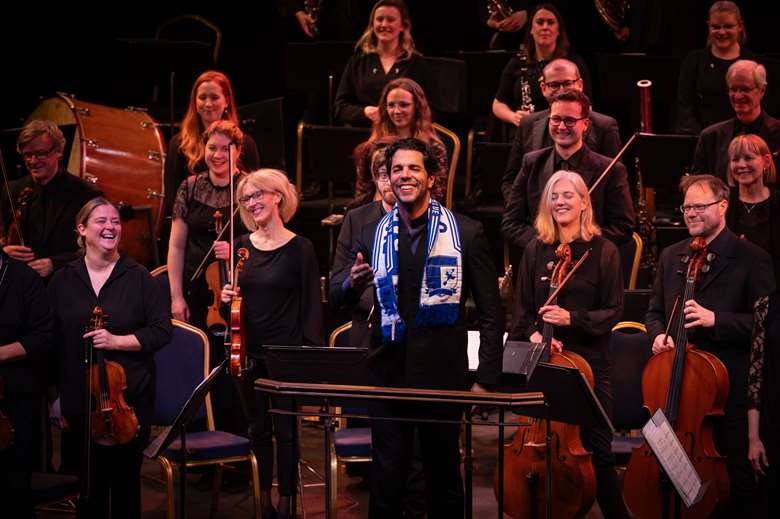'Classical music was not for the likes of us': How the RLPO's residency is transforming a hungry creative scene in Barrow-in-Furness
Clare Stevens
Friday, March 22, 2024
After announcing its residency in November 2023, the Royal Liverpool Philharmonic's careful groundwork has allowed the orchestra to build a strong relationship with the local arts scene from its first visit


Register now to continue reading
Don’t miss out on our dedicated coverage of the classical music world. Register today to enjoy the following benefits:
- Unlimited access to news pages
- Free weekly email newsletter
- Free access to two subscriber-only articles per month
